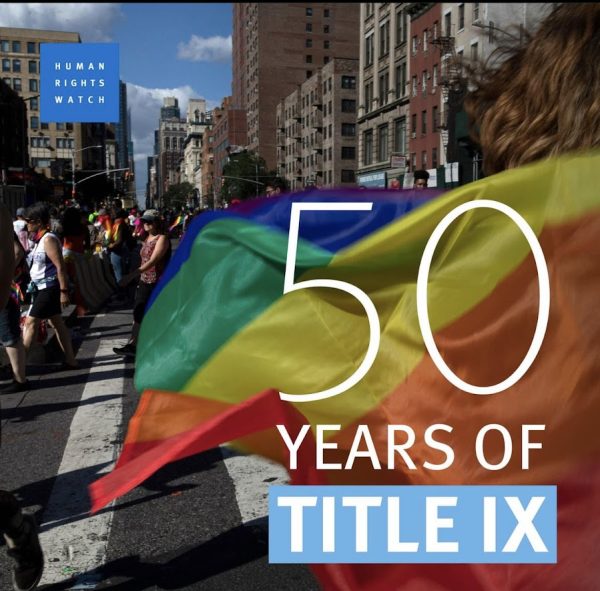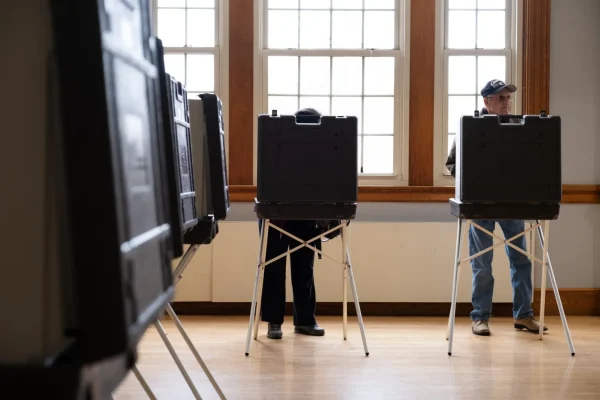After Randy Cox
Perspective
Richard “Randy” Cox, a New Haven resident, was paralyzed from the neck down from an injury sustained during a ride in a police van after Cox was arrested for allegedly brandishing a gun at a block party. When the officer driving the van abruptly hit the brakes, a video shows that Cox’s body was tossed from one side of the vehicle to the other. The video also shows that New Haven police officers ignored Cox’s pleas for help, while saying that Cox was “fine.”
The charges against Cox were dismissed in October.
I watched the entire coverage from a prison cell, including the $100 million lawsuit that was filed on his behalf. An apology was issued by the New Haven police department, then new policies and training were issued to prevent a similar tragedy.
A month after Cox was paralyzed, Karl Jacobson became police chief in New Haven, and Jacobson, a member of the New Haven Police Department for more than 15 years, was faced with the reality of Cox’s treatment. He must also face the reminder that a promise to reduce crime would begin by holding his officers accountable.
After 24 years in prison, I was released into a society that was amped with criminal justice reform efforts, four months after the Randy Cox tragedy. Two correctional officers led me outside of the prison and into a van-just like the one Cox had been placed in. I asked how it was possible that that particular model was still being used after the tragedy. I was told that the best vans were taken by third-shift officers. Whatever vehicles remained would be put to use.
On my ride, I thought I would die in the vehicle that contained no seatbelts and sent me from one side to the other. I was nauseous. I was dizzy. I threw up. There was little air circulation, and while the officers blasted their favorite music, my complaints were met with the same indifference as had met Cox’s. The correctional officers said at that time that I had a weak mind and a weak stomach. Before me, a young man was left paralyzed. Families were devastated and communities were outraged, yet the practice of dehumanization had not stopped.
According to the CT Mirror, governmental immunity was claimed on behalf of the city of New Haven, and Mayor Justin Elicker and Chief Jacobson said that “the city was just covering its bases.” The reality of the officers’ conduct disappeared into arguments of abstract institutions denying accountability. The culprit became the city–the entity made up of the very citizens and police officers that compromise it. The lawsuit and the paralysis would only be borne by those paying for the security of their rights. The claim by officers involved is that Cox failed to act as a “reasonable, prudent person under the circumstances.” I was also in the same van, on my way to freedom; what could I have done to be more “reasonable,” and “prudent” to not have been treated with such disregard? If the headlines, from the New Haven Register for example, are going to read “New Haven seeks ‘reasonable settlement’,” then the consequence will always be that the victims of the city, state and country will always pay the costs for government violations of human rights.




